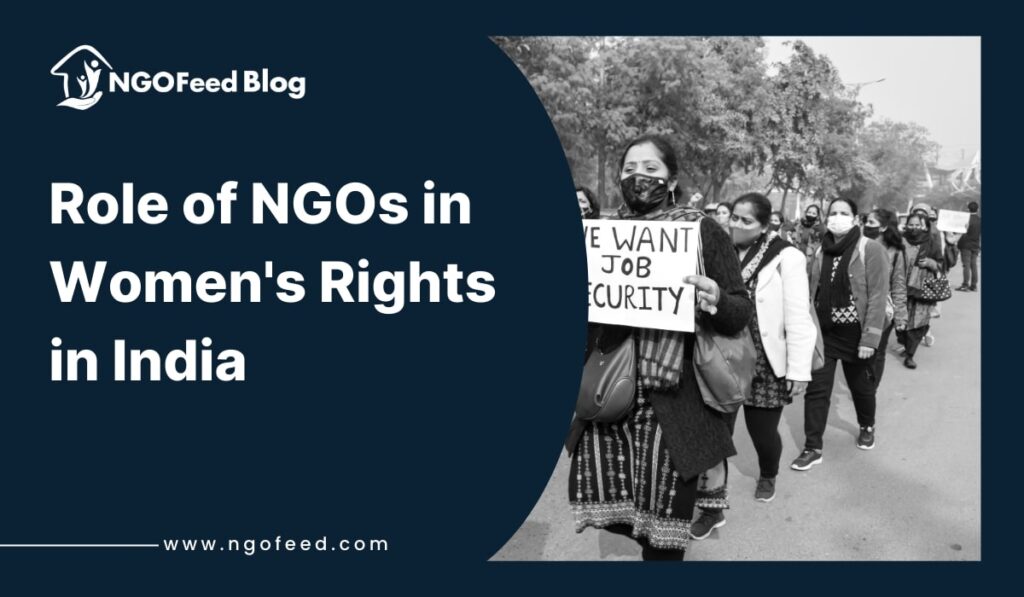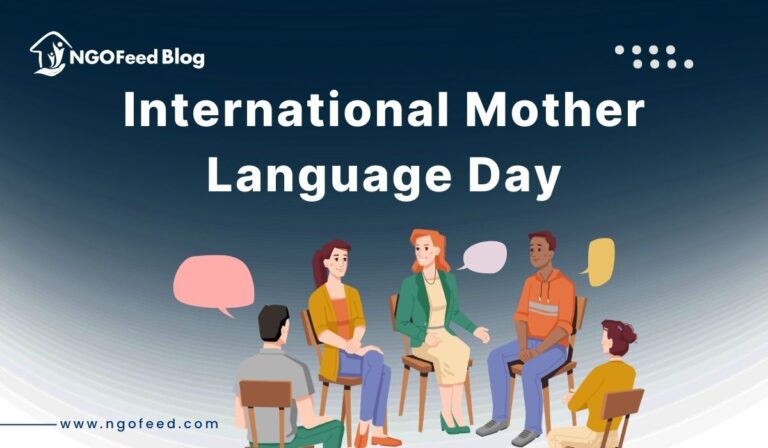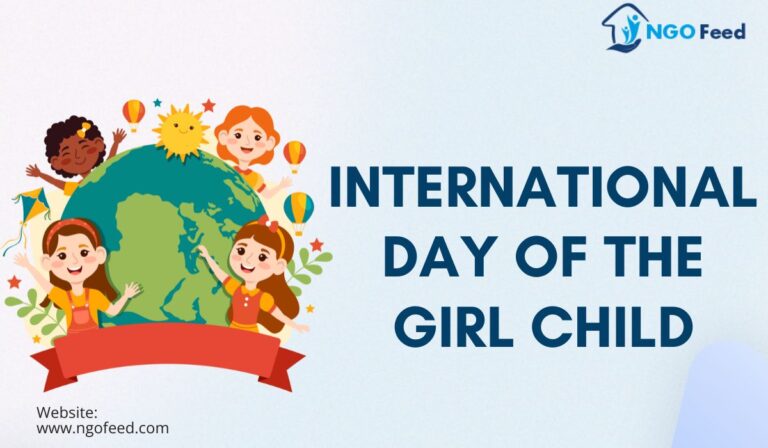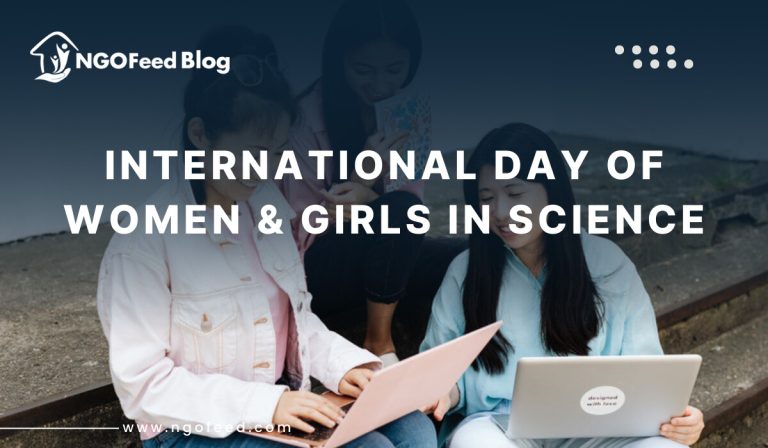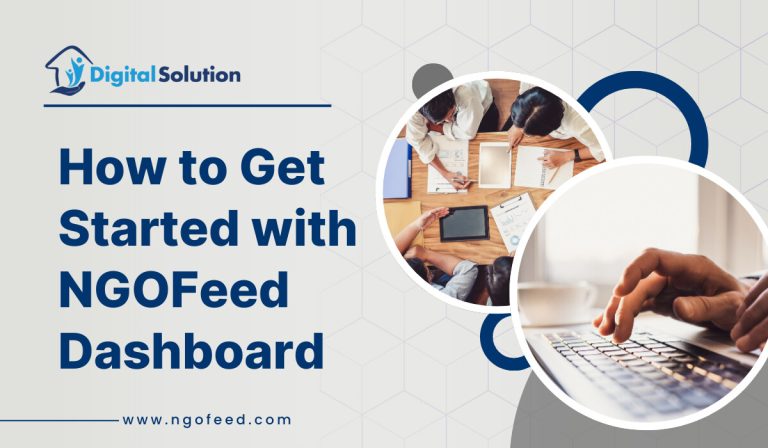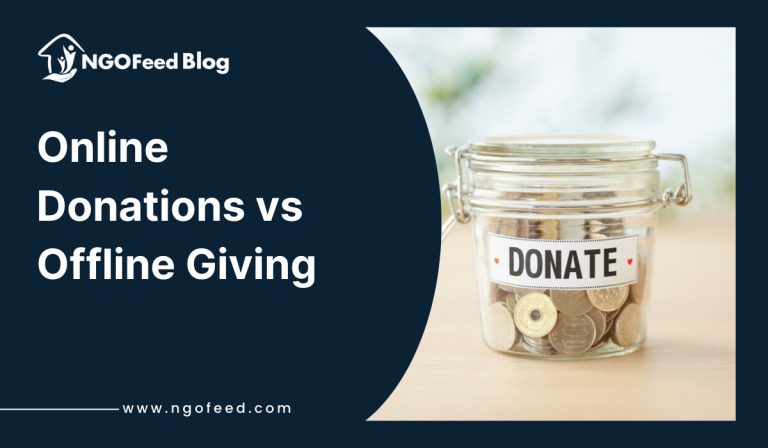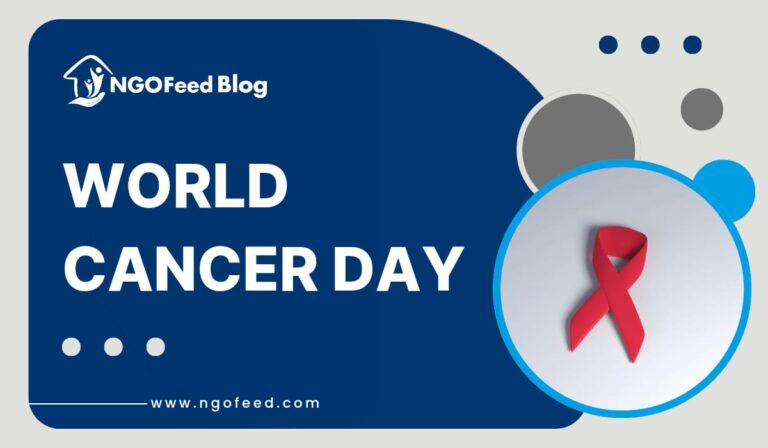Role of NGO in Women’s Rights in India: In a nation as multicultural and intricate as India, the fight for women’s rights has been both longstanding and multi-dimensional. From combating unequal access to education and work to gender-based violence and legal protection, the quest for gender equality still encounters myriad socio-cultural and economic challenges. Under these circumstances, Non-Governmental Organizations (NGOs) have risen as strong drivers of change, laboring day and night to safeguard, advance, and empower the welfare of women throughout the country.
NGOs have assisted significantly in bridging the gap between practice and policy. Government schemes and laws are present to ensure women’s welfare, but their implementation is not completed on time because of ignorance, shortages, or a deficiency of political will. NGOs bridge this gap by working directly with communities, fighting for justice, delivering vital services, and providing platforms for women to express their concerns and assert their rights. They address a variety of issues such as domestic violence, sexual harassment, human trafficking, reproductive rights, education, and livelihood generation.
Also Read: NGO in Women Empowerment
Ranging from national associations such as SEWA and CARE India to local organizations working in rural and tribal regions, these Non-governmental organizations (NGOs) in India have played a crucial role in not just mitigating short-term suffering but also bringing about long-term social change. By providing legal assistance, counseling, vocational training, and awareness drives, they empower women to regain their agency and engage fully in society.
This article discusses the crucial role of NGOs in women’s rights in India, and their major contributions, challenges encountered, and way forward.
Table of Contents
Role of NGO in Women’s Rights in India
NGOs in India have played a critical role in promoting women’s rights and building a more just society. Their efforts cut across several dimensions—legal, educational, economic, health-related, and social—and both immediate needs and long-term structural disparities. Some of the major areas where NGOs have had a notable impact are as follows:
Also Read: Role of NGO in Women Empowerment in India
1. Legal Aid and Advocacy
Several NGOs offer free legal assistance to women victims of domestic violence, dowry harassment, workplace discrimination, and other gender-based offenses. Organizations such as Majlis and Breakthrough provide legal counseling, assist women in dealing with the justice system, and campaign actively for policy changes. They also organize legal literacy workshops to empower women with an understanding of their rights.
2. Education and Skill Development
Education is arguably the greatest force for empowerment. Organizations such as Pratham and Educate Girls operate in villages and poor locations to advocate for girl-child education, decrease dropout ratios, and award scholarships. Others provide training on skill development such as tailoring, computerization, and entrepreneurial skills so women can attain monetary independence.
3. Health and Reproductive Rights
NGOs are instrumental in sensitizing people about women’s health, nutrition, menstrual hygiene, and reproductive rights. SNEHA and ARMMAN are organizations that offer access to healthcare, maternal care services, and adolescent girls and new mothers’ support in low-income groups.
Also Read: Role of UNESCO in Women Empowerment
4. Livelihood and Economic Empowerment
By creating self-help groups (SHGs), micro-enterprises, and cooperatives, NGOs enable women to be economically independent. SEWA (Self-Employed Women’s Association) is one prominent example, of mobilizing women in the informal economy and giving them access to credit, training, and markets.
5. Awareness and Social Change Campaigns
NGOs are leaders in gender-based violence, discrimination, and harmful practices such as child marriage campaigns. They use media advocacy, community dialogues, street theatre, and online campaigns to shift attitudes and advocate for gender equality.
Also Read: Role of NGOs and SHGs in Fisheries
Case Studies and Success Stories
NGOs throughout India have not only lobbied for women’s rights but also made effective, grassroots-level interventions that have changed lives. These success stories show the actual-world results of long-term NGO efforts in various social and geographic contexts.
1. SEWA – Empowering Informal Sector Women in Gujarat
The Ahmedabad-based Self-Employed Women’s Association (SEWA) has transformed the lives of thousands of informal sector working women. Through organization, training, and credit inclusion, SEWA has made health insurance, microcredit, and equal pay a reality for women. The notable achievement includes setting up cooperatives through which women artisans manufacture and sell their products, making them economically self-reliant and socially empowered.
2. Breakthrough – Bell Bajao Campaign
The NGO Breakthrough’s Bell Bajao (Ring the Bell) campaign was an effective one against domestic violence. It was a call to action by and for ordinary people, particularly men, to act by stopping acts of abuse in their tracks. The campaign was seen by millions in the media, schools, and community activities, changing minds and empowering women to voice out against violence.
3. Educate Girls – Reducing Gender Gap in Rajasthan
Working in gender-disadvantaged constituencies, Educate Girls was able to galvanize communities to bring in out-of-school girls and enhance learning achievement. In Rajasthan’s Pali district, their program of community volunteers (Team Balika) achieved a 90% girl enrollment and a remarkable rise in attendance and literacy.
Also Read: Poverty Alleviation And Development
4. SNEHA – Community-Based Health in Urban Slums
The Society for Nutrition, Education, and Health Action (SNEHA) works in Mumbai’s slums to improve maternal and child health. Their interventions have reduced neonatal mortality rates and improved reproductive health services for low-income women through community health volunteers and mobile clinics.
5. Jagori – Safe Cities for Women
Delhi NGO Jagori has done significant work in making public spaces safe for women. They conducted a “Safe Delhi” campaign, which included safety audits, street performances, and stakeholder engagement with the transport authorities and police, resulting in improved street lighting and greater community awareness of gender-based violence in public spaces.
These case studies show how focused, community-led initiatives by NGOs have brought about positive changes in the lives of women—financially, socially, and politically. They are motivational models that can be replicated elsewhere in the country to scale up the effect of women’s rights advocacy.
Challenges Faced by NGOs in Promoting Women’s Rights
Although NGOs in India have gone a long way towards promoting women’s rights, they encounter various challenges that hamper their activities. These challenges may be structural, cultural, financial, or even political, and it is essential to address them in order to maintain long-term effects.
1. Cultural and Social Barriers
Strong patriarchal values and conservative attitudes go deep, and it is a tremendous challenge that persists. In most areas, particularly rural areas, attempts to empower women are resisted even by the local communities and the women themselves because of internalized gender roles. It will take time, effort, and persistence to change such deep-seated attitudes.
2. Funding Constraints
Most NGOs work on shoestring budgets and fight to maintain a steady source of funding. Based on donor contributions, CSR donations, or government grants, fiscal uncertainty can jeopardize the continuity and magnitude of programs. Furthermore, restrictive funding terms can circumscribe the scope of creative or long-term projects.
3. Bureaucratic Barriers
Regulatory issues like FCRA compliance and other bureaucratic procedures can slow down projects and put pressure on resources. Smaller grassroots organizations may not have the capacity to deal with these intricate legal and administrative procedures effectively.
Also Read: Role of NGOs in Wildlife Conservation
4. Safety and Security Issues
NGO staff, particularly women, may sometimes receive threats or intimidation working in hostile or conservative settings. Keeping staff and volunteers safe becomes a practical and psychological challenge, especially when handling sensitive topics such as domestic violence or trafficking.
5. Lack of Institutional Support and Coordination
This failure of coordination between NGOs and government agencies most commonly results in duplication of efforts or service gaps. Lack of coordination also deters the replication of successful models and the convergence of NGO programs with national programs.
In spite of all these challenges, NGOs keep pushing forward with innovative approaches and strong grassroots networks. Overcoming these obstacles through policy support, more collaboration, and investment in capacity-building can significantly improve the efficiency of NGOs in advancing women’s rights throughout India.
Conclusion and the Way Forward
NGOs have been instrumental in advocating women’s rights in India, serving as agents of change in sectors where state machinery and traditional systems frequently fail. Ranging from providing legal assistance and education to promoting improved healthcare and economic empowerment, NGOs have reached out to millions of women—particularly those from marginalized and disadvantaged groups. Through their grassroots networks, trust in communities, and integrated approach, NGOs have managed to raise the voices of women and claim their rightful space in society.
Also Read: Role of NGOs in NGOs in Urban Development
Yet, the journey to full gender equality is still difficult and full of challenges. Security issues, lack of funds, red tape, and societal stigma continue to hamper the full potential of NGO-based efforts. Overcoming these obstacles is crucial not only to enhance ongoing efforts but also to replicate successful models nationwide.
In the future, increased coordination among NGOs, government institutions, and private actors is essential. Inclusive policies favoring NGO involvement in national development plans are necessary. Streamlining regulatory systems, providing institutional funding, and facilitating partnerships with communities can empower NGOs to make a greater impact. Incorporating gender sensitivity across all sectors of governance and development will make women’s empowerment a more systemic occurrence.
Empowering women with information, rights, and opportunities is not merely a moral imperative—it’s a key to an equitable, just, and progressive India. NGOs will remain invaluable partners in this quest, opening the gates to a future where every woman lives with dignity and freedom.

